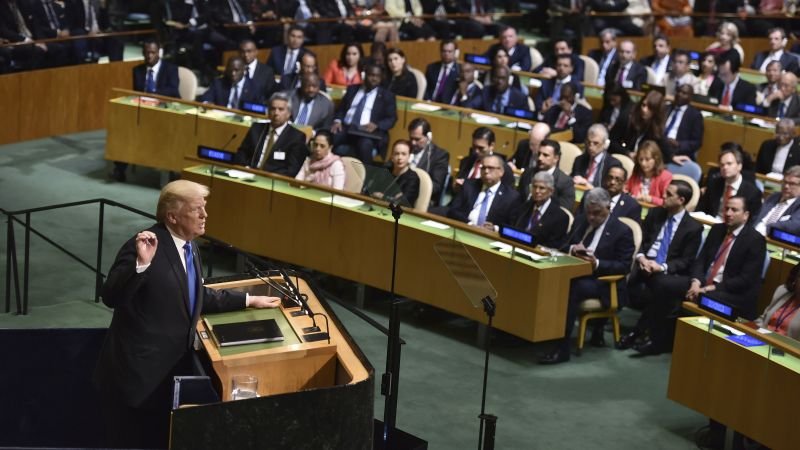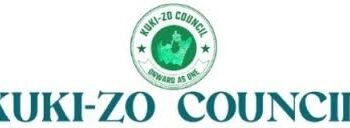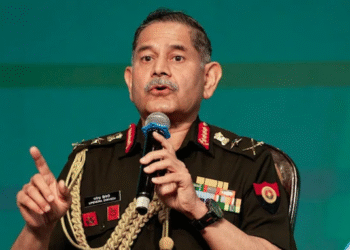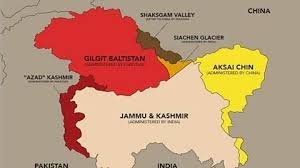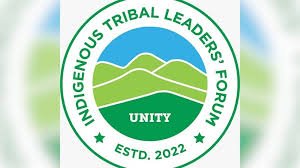The relation between India and USA faces strain as Trump prioritizes Pakistan, tariffs, and sanctions while leveraging Afghanistan and global trade to assert US dominance.
BY Annpurna Nautiyal*
September 28: US president Donald Trump’s speech at the UN General Assembly was not only a reflection of his mindset, full of contempt for virtually every international organization, multilateralism, and all member countries, but it was also an indicator of future surprises and shocks that the world should be prepared to witness at any time. The gibe of “triple sabotage” that he faced at the UN—an escalator that stopped midway, a faulty teleprompter, and bad audio—also revealed his personal grudges and lingering resentment against the UN. He further added that both he and the First Lady were in good shape, therefore nothing untoward happened, and that the person responsible for the non-working teleprompter was in serious trouble. As usual, he also took credit for ending seven wars, including the India-Pakistan conflict of May 2025, in which the UN’s role was absent, and advocated his case for the Nobel Peace Prize for having done “what was necessary for peace.”
Interestingly, many wars for which he claimed credit have not stopped. It is true that Trump arranged a meeting of the leaders of Armenia and Azerbaijan at the White House in August to sign a joint statement aimed at ending the conflict, but Azerbaijan has neither relinquished its occupation of small areas of Armenia nor agreed to a shared border. India has already refuted the US claim of mediation, which reportedly aroused Trump’s anger, resulting in India being slapped with the highest tariffs. Despite ongoing trade negotiations with India for the first tranche, Trump has not been able to swallow the perceived insult. He did not leave any opportunity to make European leaders uncomfortable and even suggested that they follow US policies on migration and clean energy in his speech. He also criticized European and NATO countries, alongside heads of 150 countries, for recognizing Palestine, isolating Israel, and allegedly encouraging Hamas to continue its barbaric terrorism.
While accusing India of fueling the Russian war machine with continued Russian oil purchases, he did not hide his annoyance with NATO countries either, which had not ceased buying Russian energy. According to US calculations, Russia is a “gone force” as it could not control Ukraine despite three years of war, and India’s role is considered economically insignificant. Nevertheless, India has not been spared in any forum and has instead become a glaring example of the repercussions of pushing back. Such a dressing down has never been delivered to a global forum by any US president, despite multiple differences. Beyond the economic gains from imposing tariffs on almost every country, and the 100 percent tariff on pharmaceutical companies set to take effect from October 1, 2025, Trump remains unsatisfied. He is self-absorbed, harbors personal grudges, and favors countries that appease him as a supremo, aligning with his profit-oriented mindset.
What else could explain the hosting of Pakistan’s army chief for the third time this year, and the current Prime Minister after a six-year gap, except to demonstrate India’s perceived position in US designs? This is highly relevant in the context of worsening Indo-US relations and the growing US-Pakistan proximity, which has been a consistent feature of US policy since the Cold War era. By fostering close relations with Pakistan due to its geographical proximity to South Asia, Central Asia, the Middle East, and China, India is relegated to a secondary position.
READ: Karur Stampede: Why the Buck Must Stop with Vijay
Despite sponsoring terrorism, Pakistan remains important for the US because of its close ties with Afghanistan. Trump has recently expressed a desire to take control of Bagram Airbase in Afghanistan to strengthen US influence in the region against China, Iran, and Russia, and issued warnings to the Taliban to hand over the base to the US military or face “terrible costs.” Pakistan’s strategic location makes it critical for achieving these US objectives, as it provides access to Bagram Airbase. It is due to these strategic calculations that the US is leaning towards Pakistan, hosting its army chief and Prime Minister, who not only praised Trump in their UN speeches but also advocated awarding him the Nobel Prize for ending the India-Pakistan war. This demonstrates Pakistan’s awareness of its geopolitical importance and its intent to exploit the situation to strengthen US ties. Pakistan has also signed a defense pact with Saudi Arabia for strategic and economic benefits. This pact provides an opportunity for Pakistan to overcome economic challenges through Saudi investments while asserting its role as a Pan-Islamic security provider due to its nuclear capabilities.
Despite disappointment over this pact, India’s response has been measured, as it has invested in political, economic, and strategic relations with Saudi Arabia. Consequently, Saudi Arabia’s condemnation of the Pahalgam attack and criticism of the abrogation of Article 370 in Jammu and Kashmir was mild. Even though Pakistan acknowledges that this defense pact includes nuclear support in the event of an attack on either country, the US, focused on selling military equipment to Pakistan, has not opposed the alliance. This indicates that, as in the Cold War era, the Trump administration is prioritizing the Pakistani military on Afghanistan-related issues, as Pakistan is the main entry point into the country.
READ:READ: Sonam Wangchuk’s Legacy Stands Tall Amid NSA Charges
Pakistan’s location is also critical for China’s geopolitical strategy, enabling a direct link to the Indian Ocean and reducing reliance on maritime routes vulnerable to potential disruptions. Consequently, China has developed close military and economic ties with Pakistan, making its role central in any conflict involving Pakistan, especially given ongoing tensions with India. The recent Tianjin bonhomie, advocacy for a united front of the Russia-India-China troika to counter US tariffs, boundary disputes, and other regional issues, further reinforce India’s caution in its dealings with China.
Although India’s stance has largely been non-confrontational with the US, it has refrained from direct criticism to preserve opportunities for improved ties, which remain uncertain. The revocation of sanctions waivers issued in 2018 for operations at Iran’s Chabahar Port, developed and operated under a 10-year India-Iran contract signed in May 2024, is particularly noteworthy. The US Department of State made it clear that this revocation exposes individuals associated with the port to sanctions under the Iran Freedom and Counter-Proliferation Act. This directly interrupts Indian strategic interests, as Chabahar serves as a counter to China’s Gwadar Port in Pakistan and offers an easier trade route to Central Asia and Russia.
This scenario does not bode well for Indo-US relations in an unpredictable world order, in which the US appears intent on isolating India. From high tariffs to changes in the H-1B visa process—making skilled manpower relocation costly and difficult—to visa denials and pressures on companies to move bases to the US, Trump has clearly signaled that India is no longer a preferred partner. Since India has temporarily lost a friendly America, it must tread cautiously. Given that European countries have also faced similar pressures, India’s best path forward involves careful, wide-ranging trade negotiations with the US while strengthening connections with the Global South to protect its autonomy and strategic interests.
(The writer is former Vice Chancellor, HNB Garhwal (Central) University, Srinagar)


